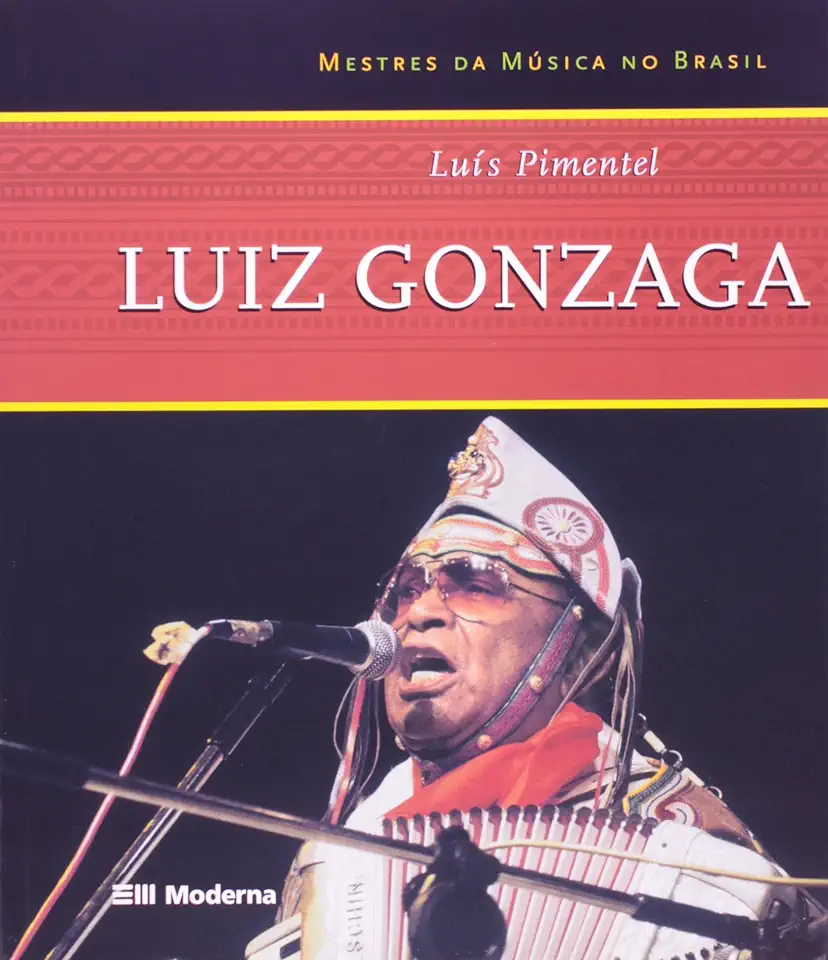
Luiz Gonzaga - Luís Pimentel
Luiz Gonzaga: A Biography
Introduction
Luiz Gonzaga, known as the "King of Baião," was a Brazilian musician, singer, and songwriter who played a pivotal role in popularizing Northeastern Brazilian music, particularly the baião genre, throughout the country and beyond. This biography, written by Luís Pimentel, delves into the life and career of this iconic figure, providing a comprehensive account of his musical journey and the profound impact he had on Brazilian music.
Early Life and Influences
Born on December 13, 1912, in Exu, Pernambuco, Brazil, Luiz Gonzaga grew up in a musical environment. His father, Januário, was a skilled accordion player, and his mother, Santana, was a talented singer. Surrounded by music from an early age, Gonzaga developed a passion for playing the accordion and singing.
Musical Career
Gonzaga's musical career began in the 1930s when he formed a duo with his friend Zé Dantas. They performed at local festivals and events, gaining recognition for their unique blend of traditional Northeastern rhythms and modern influences. In 1941, Gonzaga moved to Rio de Janeiro, the cultural hub of Brazil, where he met and collaborated with other prominent musicians, including Humberto Teixeira, with whom he formed a successful partnership.
Rise to Fame
The turning point in Gonzaga's career came in 1945 when he released the song "Asa Branca," a poignant ballad about a drought-stricken farmer longing for rain. The song became an instant hit, capturing the hearts of Brazilians across the country and establishing Gonzaga as a national icon.
Musical Style and Impact
Luiz Gonzaga's music was characterized by its infectious rhythms, heartfelt lyrics, and accordion-driven melodies. He blended traditional Northeastern genres like baião, xote, and forró with modern influences, creating a unique sound that resonated with audiences of all ages and backgrounds. Gonzaga's music not only entertained but also conveyed social messages, addressing themes of poverty, inequality, and the struggles of the working class.
International Recognition
Gonzaga's fame transcended Brazil's borders, and he gained international recognition for his contributions to world music. He toured extensively throughout Europe, the Americas, and Africa, captivating audiences with his energetic performances and infectious rhythms.
Legacy and Influence
Luiz Gonzaga's impact on Brazilian music is immeasurable. He is considered one of the most influential musicians in the history of the country, and his music continues to be celebrated and enjoyed by generations of fans. Gonzaga's legacy lives on through his vast discography, which includes over 1,000 recorded songs, and through the countless artists he inspired and influenced.
Conclusion
Luís Pimentel's biography of Luiz Gonzaga is a comprehensive and captivating account of the life and career of this legendary musician. Through meticulous research and engaging storytelling, Pimentel brings Gonzaga's journey to life, highlighting his musical genius, his dedication to his craft, and his profound impact on Brazilian music. This book is a must-read for fans of Gonzaga, Brazilian music enthusiasts, and anyone interested in the history of popular music.